Monthly Payment (EMI):
₹0
Total Interest Payable:
₹0
Total Payment:
₹0
Check your Education Loan eligibility in just Few Steps

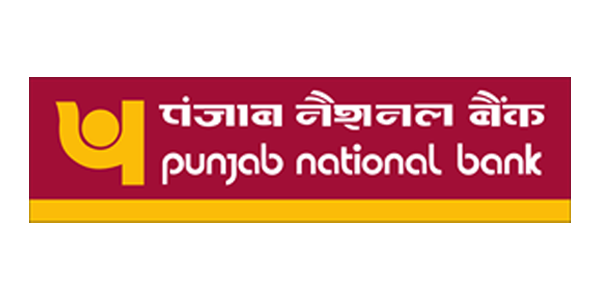
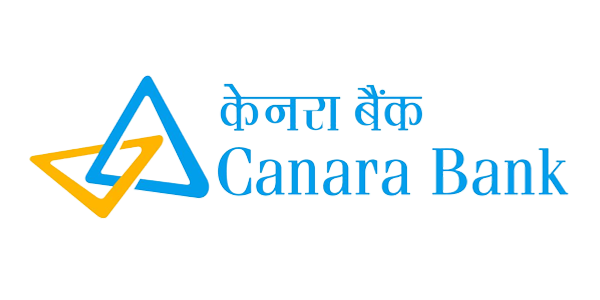
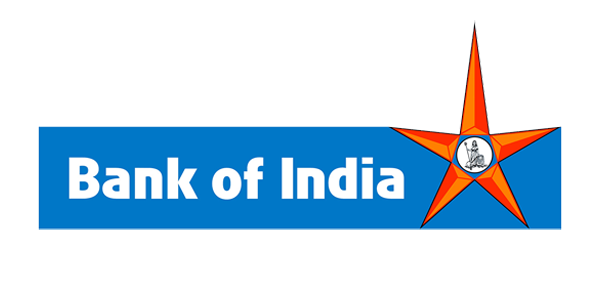


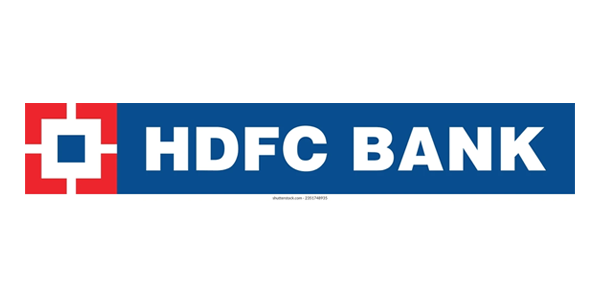




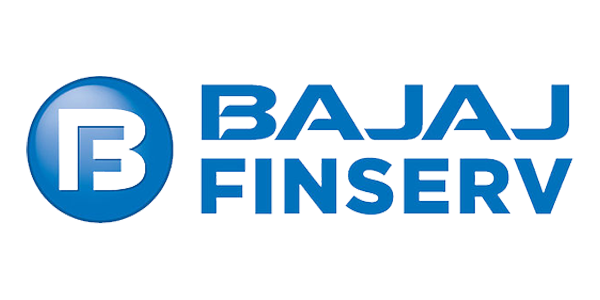
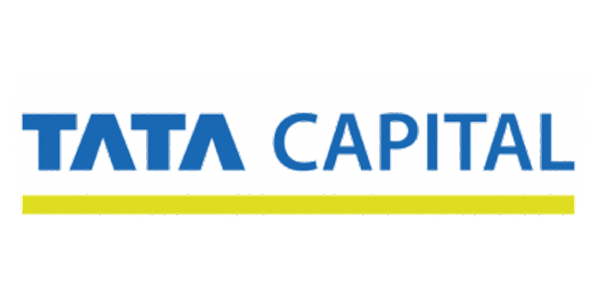

State Bank Of India

Bank of India

ICICI Bank

HDFC Bank

State Bank Of India
Loan Amount : Up to 7.5 Lakhs
Max Tenure :
Best Rate : 9.95%
Processing Fee :

Get fast and hassle-free loan disbursal with MyFinFlow. Quick approvals and seamless processing to meet your financial needs promptly.

Experience safe and secure loan processing with MyFinFlow. Your data is protected with top-notch security measures for complete peace of mind.

Enjoy personalized loan solutions tailored to your needs with MyFinFlow. Flexible options designed to fit your unique financial goals.

Our algorithm-based technology provides access to multiple credit offers, ease of comparison and unbiased advice

We value innovation in order to provide cutting-edge financial solutions and improving.

We respect the greatest standards of integrity, transparency, honesty, and ethical behavior.

We put our clients first in all we do, and we work hard to understand their needs and deliver unique solutions with great service.

Through strategic initiatives and continual development, we are committed to fostering growth for both our clients and our company.
Monthly Payment (EMI):
₹0
Total Interest Payable:
₹0
Total Payment:
₹0
| Features and Benefits of an Education Loan | Description |
|---|---|
| Generous Loan Amount | Education loans can offer a maximum amount of up to ₹50 lakhs for domestic institutions and up to ₹1 crore for international institutes. This flexibility allows students to cover not only tuition fees but also additional expenses like living costs, books, and laptops. |
| Flexible Tenures | Education loans typically come with tenures of 10 to 15 years, reducing the EMI burden and making repayment easier for students after the moratorium period. |
| Access to Quality Education | One of the significant advantages of education loans is that they enable students to afford quality education. This investment can lead to better career opportunities, job security, and long-term financial stability. |
| Government Subsidy | The Government of India offers a scheme that provides full interest subsidies for the weaker sections of society during the moratorium period, covering the entire course duration and an additional six months post-employment. |
| Collateral-Free Loans for Premier Institutions | Students admitted to prestigious institutions like IIT or IIM can avail themselves of collateral-free loans for the entire amount. For other institutions, loans up to ₹4 lakhs may be offered without collateral; amounts above that generally require collateral. |
Eligibility criteria may vary by lender, so it's important to confirm the specific requirements with your chosen bank or financial institution.

Navigating the world of education loans can be overwhelming. Here’s a comprehensive guide tailored to the Indian finance system, designed to answer your most pressing questions:
Education loans can be utilized for various academic pursuits, including undergraduate degrees, postgraduate programs, and even PhDs. They cover tuition fees, accommodation, and other essential expenses related to your education.
The loan amount for education can vary significantly. For domestic institutions, you can secure up to **Rs. 50 lakhs**, while studying abroad may allow you to borrow up to **Rs. 1 crore**, depending on the course and institution.
Education loans typically have a repayment tenure ranging from **10 to 15 years**. This flexibility helps ease the financial burden after you complete your studies.
Most lenders require applicants to be at least **16 years old**. The maximum age limit is generally **35 years**, although this can vary by institution.
Yes, if you are applying for a loan amount exceeding **Rs. 4 lakhs**, collateral is generally required. This could include property, fixed deposits, or other assets.
Many banks and financial institutions charge a processing fee, which usually ranges from **0.5% to 2%** of the loan amount. It’s crucial to check with your lender for specific details.
Absolutely! Most banks provide education loans for international studies, covering tuition fees, living expenses, and even travel costs, depending on the loan scheme.
Typical documents include:
Admission letter from the institution
Identity proof (Aadhaar, Passport)
Income proof of the co-applicant
Academic records (Mark sheets, certificates)
Yes, under Section 80E of the Income Tax Act, you can claim tax deductions on the interest paid on your education loan for up to **8 years**. This benefit applies to loans taken for higher education for yourself or your family.
Interest rates on education loans can vary based on the lender, the loan amount, and your repayment history. They typically range from **8% to 15%**. It’s advisable to compare rates from different lenders to find the best option. By understanding these aspects of education loans, you can make informed decisions to fund your educational aspirations effectively. If you have more questions or need personalized advice, don’t hesitate to reach out!